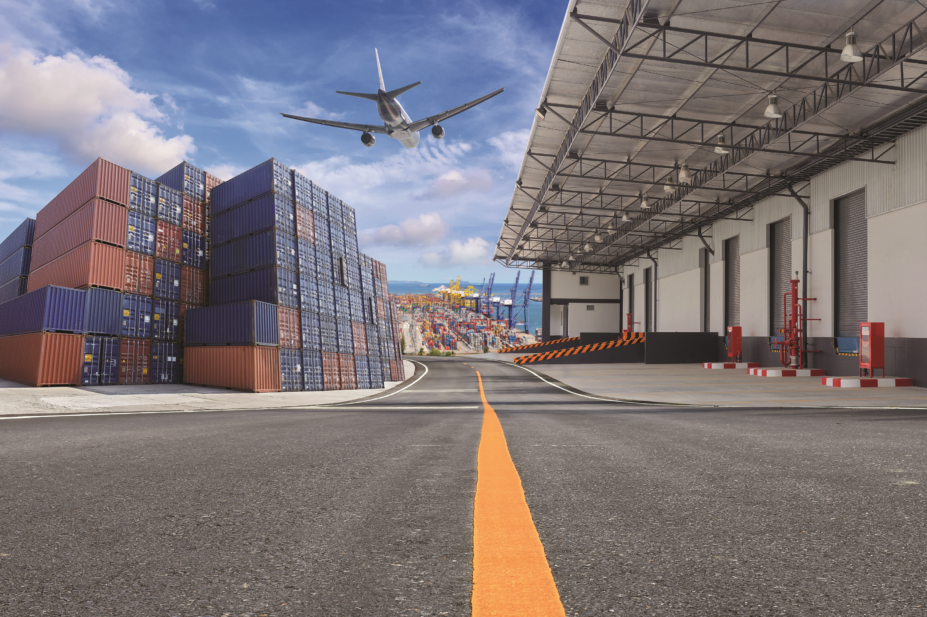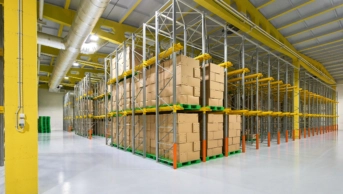
Shutterstock.com
Medicines could become more difficult to import into the UK post-Brexit, MP members of the House of Commons Health Select Committee were told on 5 December 2017.
UK drug distributors and those involved in the parallel importing of drugs told the committee that they wanted to see the UK remain in the customs union and the single market in any negotiated Brexit deal.
And they believed a transition period of between two to five years was needed to work out with the Medicines and Healthcare products Regulatory Agency (MHRA) how to protect the medicines supply chain after March 2019, the date the UK is scheduled to leave the European Union (EU).
Martin Sawer, executive director of the Healthcare Distribution Association, which represents businesses that supply medicines to the UK chain, told MPs: “We take the drugs supply chain for granted. I think we are invisible. It’s important to recognise that this supply chain is there. This [Brexit] jolt to it like this could throw a lot of cogs out of a very complicated machine.”
Inquiry into impact of Brexit
Sawer was speaking at the committee’s ongoing inquiry into the impact of Brexit on the UK’s medicines supply chain (Brexit — medicines, medical devices and substances of human origin inquiry), which was announced in September.
MPs are looking at the logistics of the supply chains for medicines and medical devices, the current issues and the risks and opportunities that Brexit poses for the sector and patients.
Sawer revealed that 90% of UK medicines are imported, and of that number 45% come from the EU. Businesses were unable to plan for uncertainty and needed at least two years after the UK leaves the EU in March 2019 to work out a new supply system with the MHRA and others.
Consequences for imports/exports
Richard Freudenberg, secretary-general of the British Association of European Pharmaceutical Distributors, which represents companies involved in the parallel importing of medicines, said the sector would be hard hit if the UK became part of World Trade Organization rules.
He told MPs: “My understanding in these circumstances would be that exports from the UK would cease… in licensing terms I think imports could continue with agreement.”
He said: “My understanding is that we would be able to trade with the rest of the world, but the medicines regulations would not be in place to bring those in line with trade laws.”
Sawer pointed out that if the UK had a post-Brexit trade agreement with the US for example it would mean drugs would start to leave the UK because they were 50% cheaper than the cost of the same medicines in the US: “We have got to be really careful about doing trade deals with well-off countries because they could start sucking medicines out of the UK.”
First report
This is the second part of the inquiry the committee has held into the impact of Brexit on the health service. In April 2017, it published its findings on the effect leaving the EU would have on the UK’s health and social care sectors.
The government published its response to this report on 1 December 2017, saying that “all policy teams with the DH [Department of Health] have assessed the implications of the UK’s withdrawal from the EU on their area”, but that there were no plans to publish these assessments.
The DH also said it would submit evidence to the government-commissioned Migration Advisory Committee “to ensure that the staffing needs of health and social care are fully considered”.


